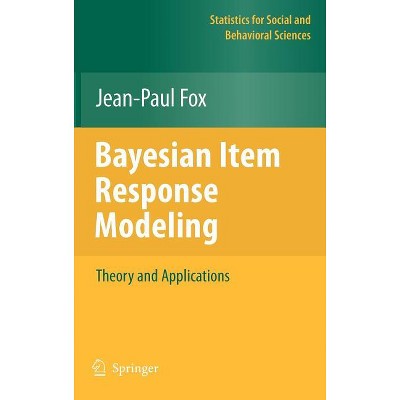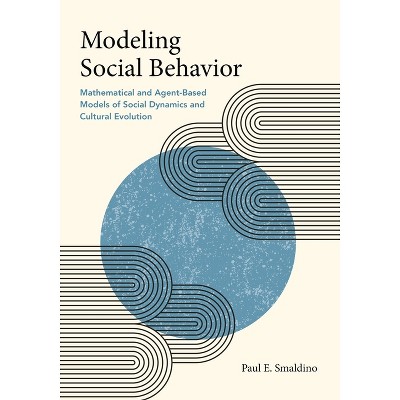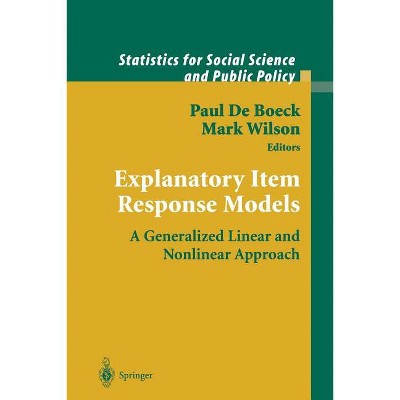Social Computing and Behavioral Modeling - by Huan Liu & John Salerno & Michael J Young (Hardcover)

About this item
Highlights
- Social computing is concerned with the study of social behavior and social c- text based on computational systems.
- Author(s): Huan Liu & John Salerno & Michael J Young
- 264 Pages
- Computers + Internet, Databases
Description
Book Synopsis
Social computing is concerned with the study of social behavior and social c- text based on computational systems. Behavioral modeling reproduces the social behavior, and allows for experimenting, scenario planning, and deep understa- ing of behavior, patterns, and potential outcomes. The pervasive use of computer and Internet technologies provides an unprecedented environment of various - cial activities. Social computing facilitates behavioral modeling in model building, analysis, pattern mining, and prediction. Numerous interdisciplinary and inter- pendent systems are created and used to represent the various social and physical systems for investigating the interactions between groups, communities, or nati- states. This requires joint efforts to take advantage of the state-of-the-art research from multiple disciplines, social computing, and behavioral modeling in order to document lessons learned and develop novel theories, experiments, and methodo- gies in terms of social, physical, psychological, and governmental mechanisms. The goal is to enable us to experiment, create, and recreate an operational environment with a better understanding of the contributions from each individual discipline, forging joint interdisciplinary efforts. This is the second international workshop on Social Computing, Behavioral ModelingandPrediction. The submissions were from Asia, Australia, Europe, and America. Since SBP09 is a single-track workshop, we could not accept all the good submissions. The accepted papers cover a wide range of interesting topics.From the Back Cover
Social computing concerns the study of social behavior and context based on computational systems. Behavioral modeling reproduces the social behavior, and allows for experimenting, scenario planning, and deep understanding of behavior, patterns, and potential outcomes. The pervasive use of computer and Internet technologies creates an unprecedented environment where people can share opinions and experiences, exchange ideas, offer suggestions and advice, debate and even conduct experiments. Social computing facilitates behavioral modeling in model building, analysis, pattern mining, anticipation, and prediction.
This volume presents material from the second interdisciplinary workshop focused on employing social computing for behavioral modeling and prediction. The book provides a platform for disseminating results and developing new concepts and methodologies aimed at advancing and deepening our understanding of social and behavioral computing to aid critical decision making. The contributions from this year's conference, incorporating views from government, industry and academia, address themes such as:- social network analysis
- modeling
- machine learning and data mining
- social behaviors and social order
- public health
- cultural aspects
- trust, privacy, and intention
- opinion, preference, influence, and diffusion
- extreme events
- assessment and validation
- effects and search
Researchers, practitioners and graduate students from sociology, behavioral and computer science, psychology, cultural study, information systems, political science, and operations research are certain to find this a fascinating and essential resource.











